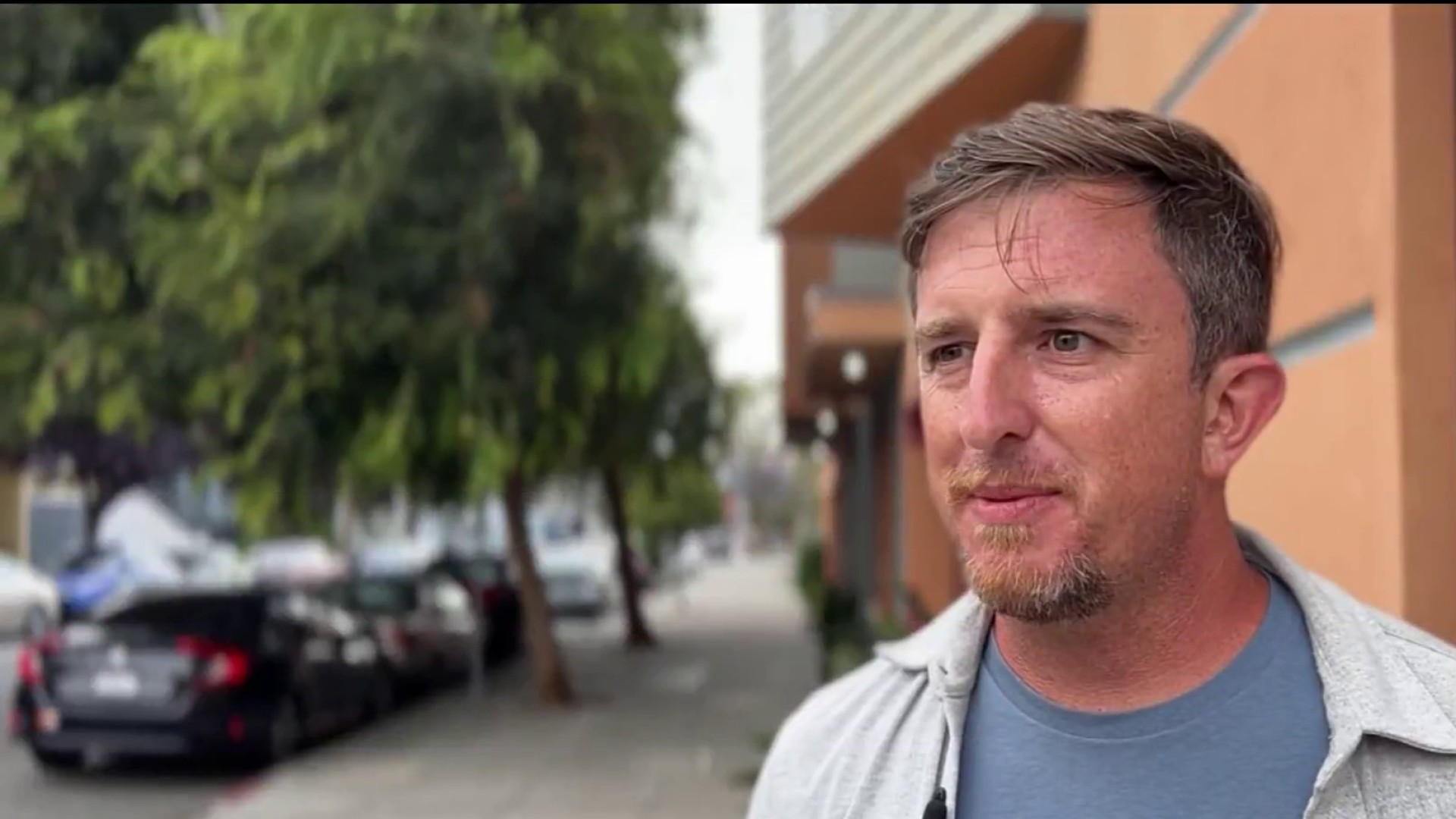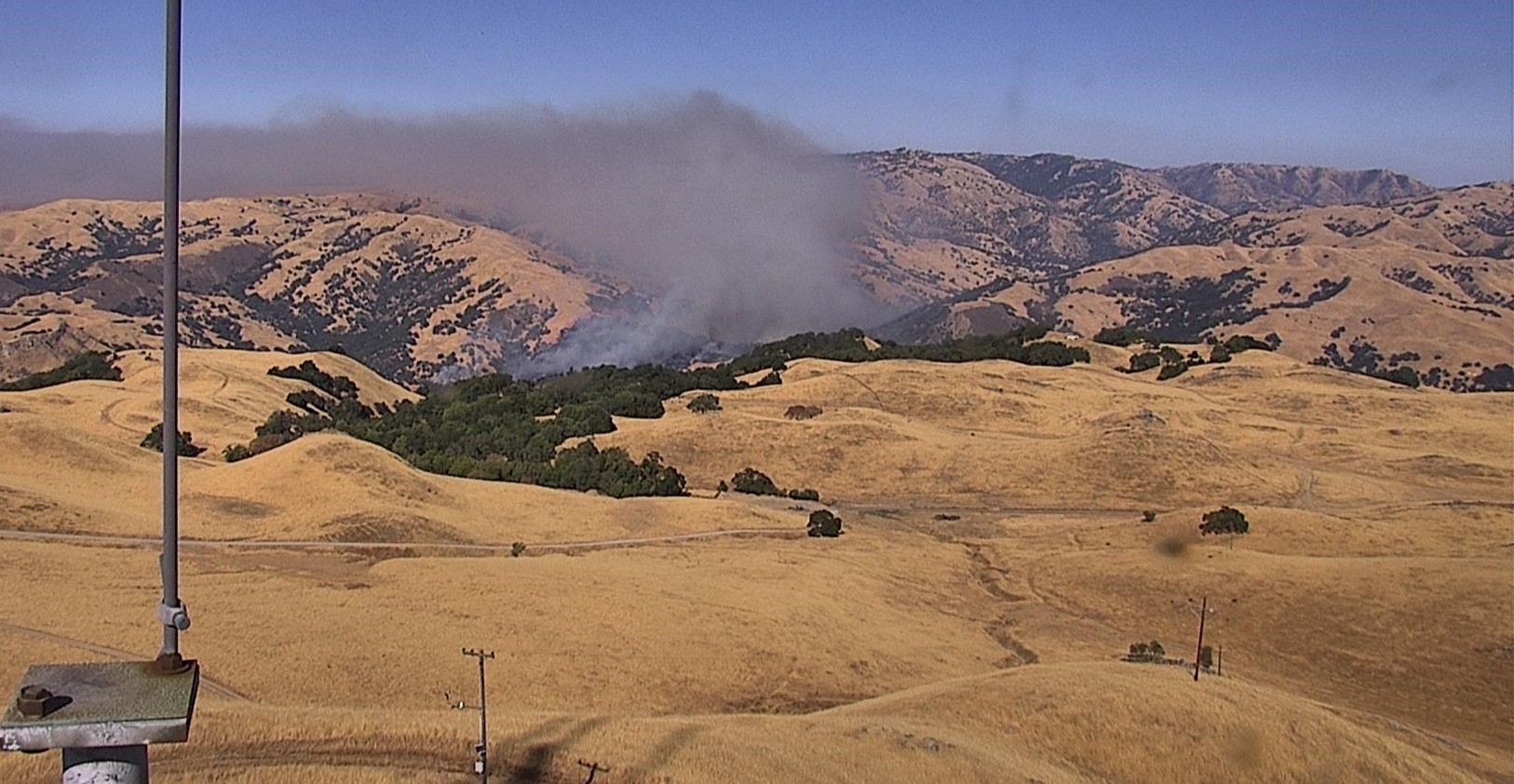Joseph Steinberg is finally home.
For the first time since he left San Francisco for the Korean War 62 years ago, his remains were back on American soil.
“He’s always been right here, always,” said his niece Marlene Baisa, patting her chest. “Because I’ve always loved him so much.”
On Thursday, Steinberg’s family held his funeral service in the Golden Gate National Cemetery, just days after his newly discovered remains were flown back to the Bay Area from Korea.
An honor guard of Bay Area volunteers lined the route to the cemetery, holding flags that slapped and shuddered in a stiff morning wind. Steinberg's family hadn’t heard from him since 1951 when he was taken prisoner during the war. The military later said he died in the Camp Bean POW camp in North Korea.
But for decades, his family had no idea where his body was. Eventually hope for his return ran out.
“They came to us in 2006 and asked for our DNA,” said Baisa. I even thought then nothing’s going to come of this,” Baisa said.

Steinberg’s brother Charles spent the latter years of his life writing letters to the U.S. government trying to find out what had happened to his brother.
Local
“Every time he wrote a letter, he sent me a copy and he put a number at the top in a circle,” said Baisa. “I don’t know how many of those I have.”
But then came the phone call the family thought would never come. The military had identified Steinberg’s remains, and he was coming home.
In the same cemetery where three of Steinberg’s brothers were buried, the military held a funeral for Sergeant First Class Steinberg.
Soldiers presented the family with Steinberg’s numerous medals, including a Purple Heart and a Bronze Star for bravery in World War II.
“The only problem is they’re all posthumous,” said Steinberg’s nephew Ron Smith. “We’d much rather have had him back wearing those awards than being honored with them today.” Other Korean War Veterans turned out for the service, expressing sorrow at the thousands of other veterans still missing in Korea. Still, the return of Steinberg was a small victory in what’s been called “the forgotten war.”
MORE: Body of Soldier Killed Ruing Korean War Returns Home
“This is a good day,” said Army veteran Bill Palmer. “He came home. He’s back on American soil. It’s a good day.” As the 21-gun salute and recorded version of “Taps” faded-out across the thousands of small white headstones, the family filed down to the graveside where cemetery workers buried the small wooden box holding Steinberg’s ashes.
Fifty yards away, American flags marked the graves of two of Steinberg’s brothers. Near his own grave, lay the marker for Steinberg's brother Charles, who died without ever knowing his brother’s fate.
“Now it’s over, said Baisa standing near her uncles' graves. “He’s home, he’s with his brother who loved him so much.”



